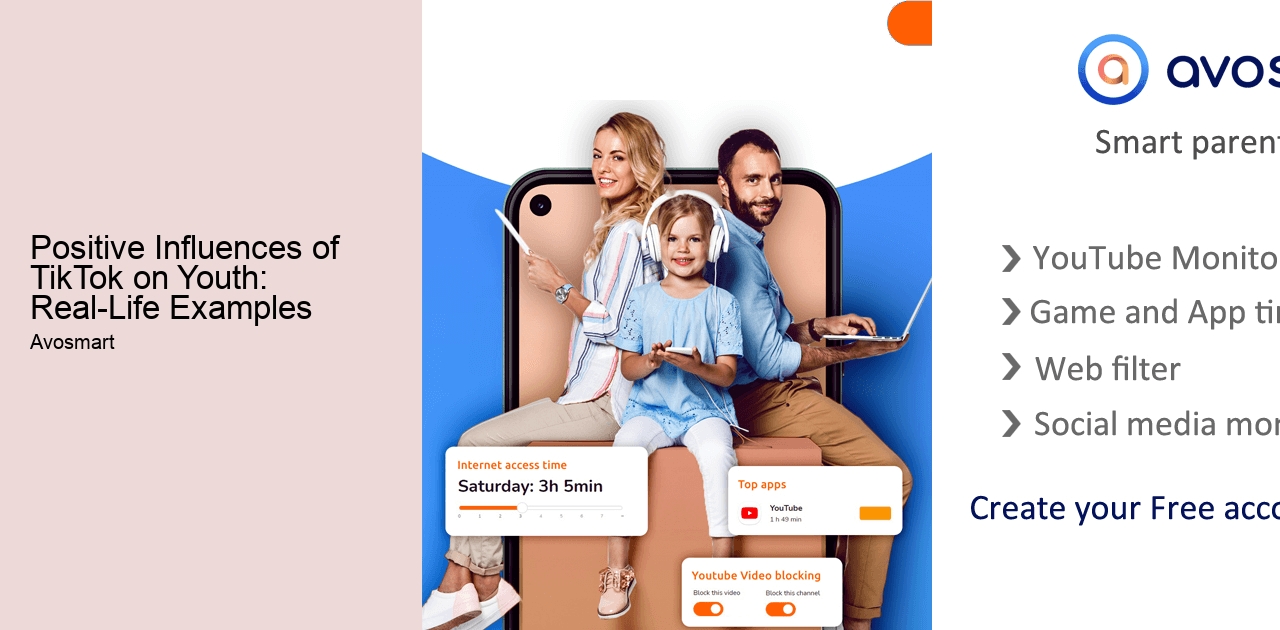
How TikTok is Empowering Youth to Express Themselves Creatively
Positive Influences of TikTok on Youth: Real-Life Examples
TikTok provides a platform for young users to unleash their creativity through short videos. Its easy-to-use features enable them to share their talents, ideas, and perspectives. This creative outlet helps build confidence and self-expression skills. Parents can encourage responsible usage and guide discussions on respecting boundaries while fostering creative growth. By understanding the positive aspects of creative expression on TikTok, parents can support their children's journey towards self-discovery and artistic development.

